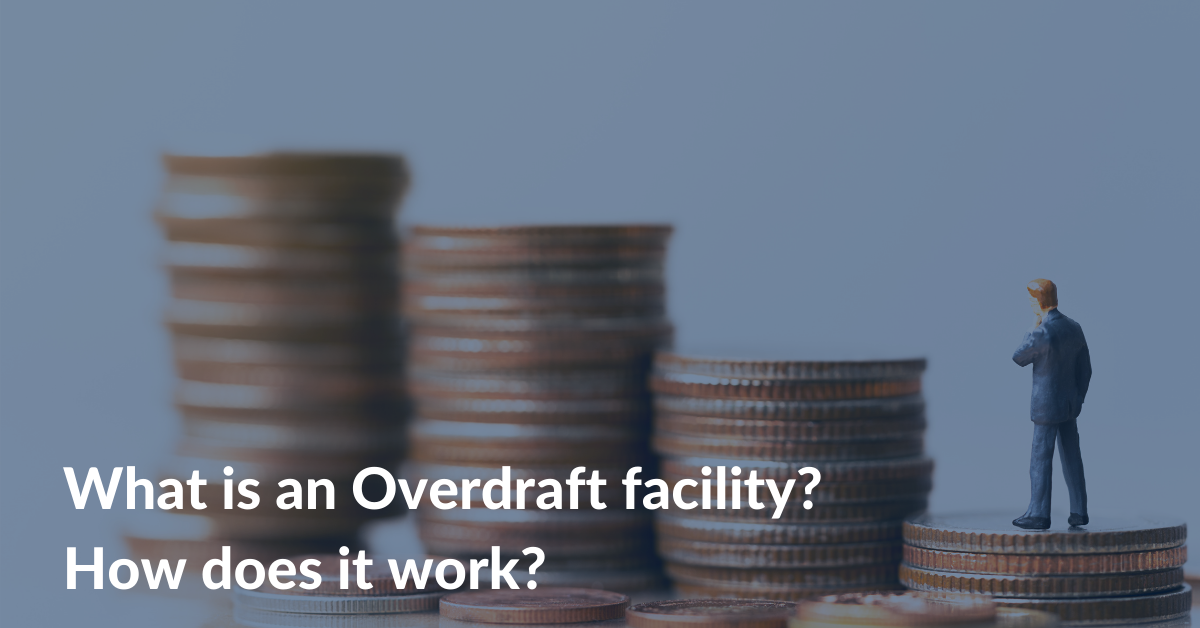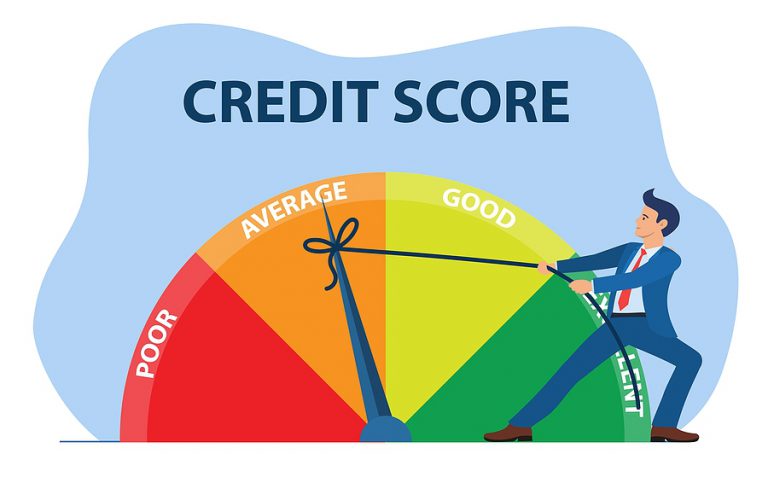Can I Get A Bank Loan If I Already Overdraft
You probably have the option of an overdraft if you have a current account. This additional coil can be very useful, but it can have an impact on your credit score.
What exactly is an overdraft?

Overdrafts are a type of credit on your current account. It enables you to withdraw funds or pay bills from your bank account even if there are no funds in it. Assume you have 50 INR in your bank account but a £150 bill to pay. If you have an overdraft and use it to pay the bill, your balance will be -100 INR.
Will my credit report reflect an overdraft?
/credit_score_-5bfc304146e0fb00265cc8cd.jpg)
An overdraft will appear as a debt on your credit report. If you do not use your overdraft, the balance will be zero. Anyone who is in debt will see the amount owed on their credit report.
If you only use your overdraft on occasion and it is cleared at the end of the month when you get paid, your overdraft use may not be reported on your credit report. This is due to the fact that most banks and building societies only send information to credit reference agencies once a month. This is typically what your bank account looks like on that particular day, so there is a chance it will overlook temporary use of your overdraft.
Does an overdraft have an impact on your credit score?

As long as you don’t go over your overdraft limit or have payments refused, an arranged overdraft is unlikely to have a significant impact on your credit score. In fact, if you use your overdraft wisely and pay it off on a regular basis, you may be able to improve your credit rating.
This is due to the fact that an overdraft will appear as a debt on your credit report. Lenders will be able to see that you have an overdraft, what your limit is, and how much of your overdraft you are using. Maintaining the same current account for a number of years can also help your credit history mature, which can improve your credit score.
If creditors can check that you remain within the agreed limit and remove your overdraft regularly, then they will show that they are a reliable creditor. This means that if you apply for a different form of credit such as a credit card or mortgage, you are more likely to be approved.
But if you’re not careful with it, your overdraft will influence your credit scoring. It will damage your credit rating if you regularly go beyond your overdraft limit.
That’s because it shows lenders you may be having financial troubles.
Lenders also take into account your overall level of unsecured borrowing, so any overdraft debt you have will likely be affected by your loan values and decisions on the loan.
So if you were to look into other aspects or types of loans such as house loan or other types pf loans these are some of the points you should keep in mind in terms of overdraft facility
- When you apply for a mortgage, the bank will go over your financial situation with a finetoothed comb. You will be asked to provide three months of bank statements, so it will be clear if you are regularly dipping into your overdraft.
- Every mortgage lender has different eligibility rules, but your overdraft may influence their decision if you are close to your limit, rarely pay it off, or are in an unauthorised overdraft. All of this paints a picture of someone who is out of control of their finances, which is not appealing to a lender.
In conclusion, the Overdraft facility, as helpful as it is for current account holders, it can pose a threat when applying for loans if not used judicially.
Another point to note is that an overdraft can improve your credit rating as long as you use it sensibly which will further help you in availing loans That means:
- Staying well within your limit
- Regularly paying off your overdraft
- Not using an unauthorized overdraft
For mor info, contact Wincapital



